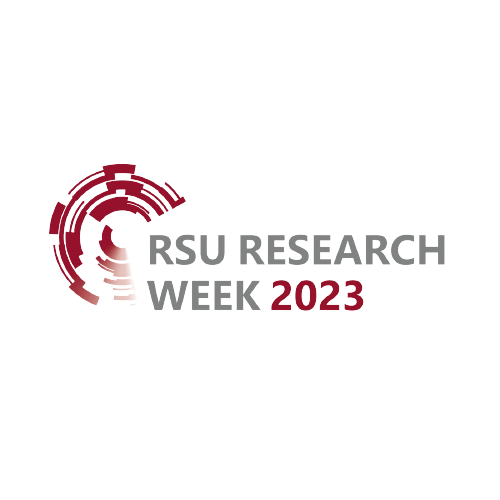
Peter Berglez
Professor of Media and Communication Science at Örebro University, Sweden. His received his doctorate in 2006 from Örebro University, and became an associate professor at the same university in 2011. He has been involved in several research projects, both as project leader and co-researcher, focusing on different aspects of traditional and social media’s role in society, mainly in relation to war/conflicts, globalization, and the environment. Between 2004 and 2015, he taught global journalism theory in the MA program in Global Journalism at Örebro University where he also was one of the originators of the MA program J-Connected. Berglez has been a member of the steering committee of the digital media program Hyper Island and is serving as an academic consultant for the international news magazine The Conversation. He has worked as an expert consultant and/or given talks for the Academy of Finland, Swedish Environmental Protection Agency, Swedish Institute of Agricultural and Environmental Engineering, Norway’s National Council for Quality in Higher Education, and the FOJO Media Institute, to mention a few.
Research
Peter Berglez’s research primarily focuses on media and journalism’s role in a rapidly changing and globalizing world. His studies, which are both theoretical and empirical, stem from a critique of domestic media’s national “container” thinking. Despite today’s transnational reality, in which nation-states and continents are deeply interlinked by technology, environmental crises, financial systems, epidemics, etc., everyday media still tends to cover reality as if nation-states were autonomous and disconnected. This is a democratic problem as it produces a distorted picture of everyday social reality. His contribution to the understanding of the concept of global journalism facilitates analyses of media’s coverage of transnational and cross-border phenomena such as climate change and terrorism. He has also developed a model for practicing global journalism, which is different from traditional foreign reporting, in the context of media production.
Berglez has published his research in journals such as Journalism Studies, Environmental Communication and Media, Culture & Society, and is the author of more than 30 pieces of scientific work. Either as a project leader or co-researcher, he has been involved in projects funded by the Swedish Research Council, Formas, the Swedish Development Agency, and the EU/Horizon2020. In addition to his work on global journalism, he is currently leading a research project about climate change as a cross-sector collaboration challenge, focusing on the role of mediated communication.
At PLACES Peter will talk about Climate change as the “place” where “everything” meets, collide, and implode in modern and late modern Age. Some thoughts from a media technology perspective
Abstract
Climate change is considered to be the most serious challenge of our times, in which the entire civilization, as we know it, is under threat. In this lecture, we allow ourselves, for a moment, to put the task of how we (humankind) and its institutions are to solve thus tremendous planetary challenge. Instead, the task of the lecture is to, for a moment, observe and analyze climate change from the side, or we can say, from a certain distance, in which the aim is to understand what this phenomenon says about “us”: humankind of the modern and late modern age, and this in its broadest cultural sense, that is, beyond well-known conflicting poles such as climate activism vs. climate skepticism. How can climate change be used to understand humankind’s desire for cognitive mappings of global entirety, as Fredric Jameson put it; of technology optimism; of shaming mechanisms; of the return of class society, of religion, and so forth? In other words, the idea is the climate change serves as a key to understanding the multifaceted nature of humankind – and vice versa for that sake. This will require eclectic glimpses into several prominent theories of humanities and social sciences, including modern and postmodern theory, critical realism, structuralism and risk theory. In this theoretical lecture, illustrated by my own and others empirical studies, the focus will be the very platformization of society and thus the particular role of mediated communication for understanding climate change as the “place” where “everything” meets, collide, implode, etc. in culture.

